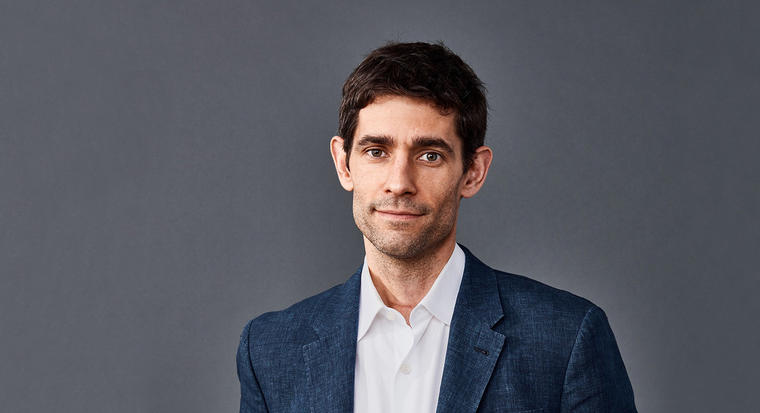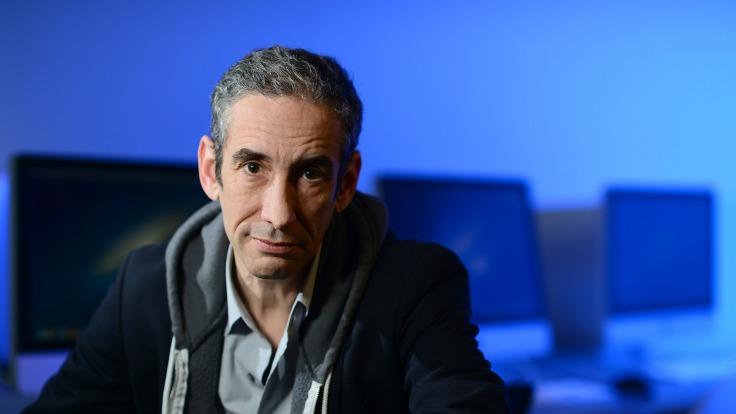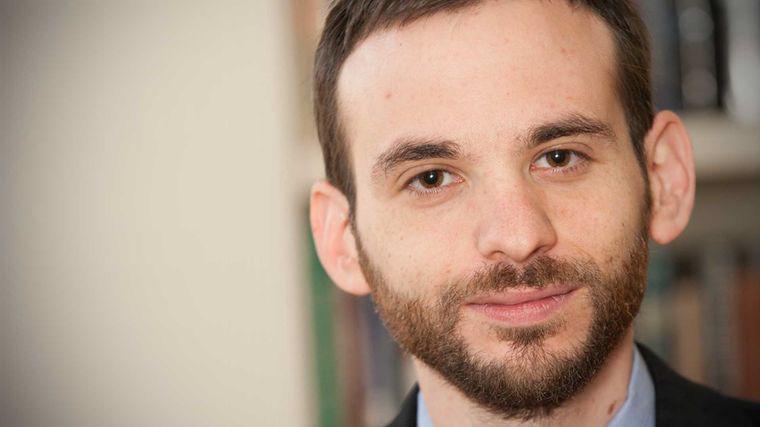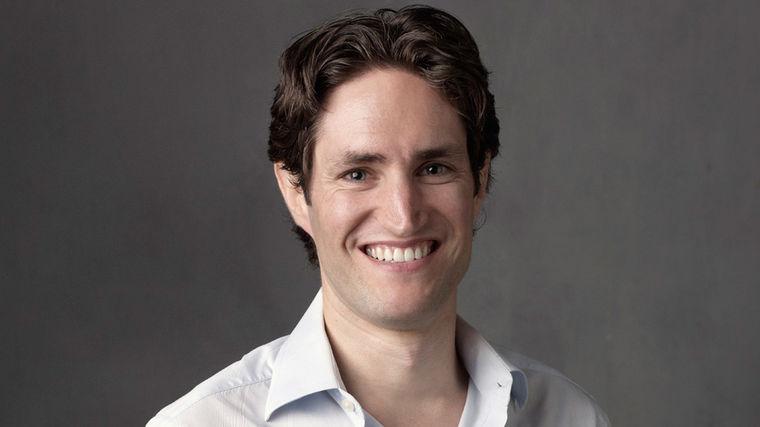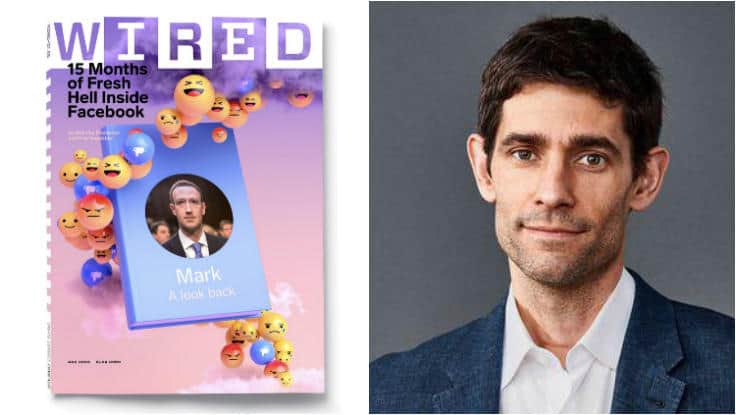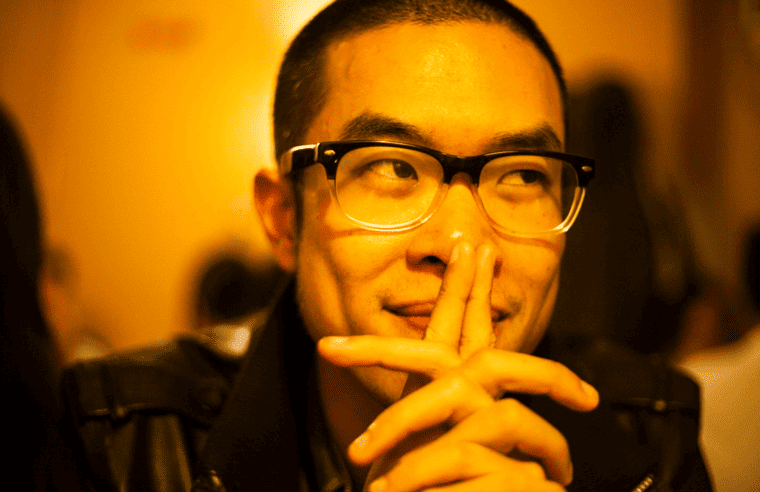Scientific study was born out of a desire to answer big, philosophical questions on the meaning of life. When scientists and technologists forget this nascent connection, says Radhika Dirks, they run the risk of creating without considering the ethical implications of their work. In her TEDx talk, Dirks reminds us why relating technology back to our humanity is of the utmost importance.
“Physics has seen some of its greatest breakthroughs result in some of our greatest tragedies,” says Radhika Dirks. And while carrying the burden of a post-nuclear physicist may be heavy, it’s not without its advantages. Namely, it allows Dirks to see things a little bit differently: “Unlike most people in [artificial intelligence], when I’m building AI, or quantum, or biotech, I dwell in these really difficult questions,” she explains, noting that it helps her identify where things are missing.
The way Dirks sees it, we have lost the link between physics and philosophy, and it's showing up in the technology we’re building today. “Science is nothing but applied philosophy,” Dirks says. Yet nearly all the innovations we’re seeing emerge from Silicon Valley have been made without a consideration of the big questions; without a consideration of meaning. It’s no wonder the dissonance between tech and humanity is so pronounced. As Dirks says, when science left the humanities, it appears to have left humanity too. With captivating storytelling, historical examples, and real-life parallels to today’s tech industry, Dirks shows us why it's so necessary to shift our thinking—for our progress, our well-being, and our society as a whole.
Watch her full talk below.
To book speaker Radhika Dirks for your next speaking event, contact The Lavin Agency and connect with a knowledgeable member of our sales team.


